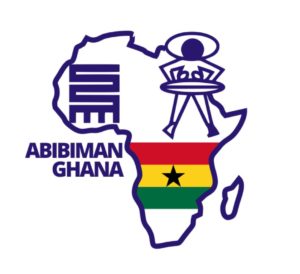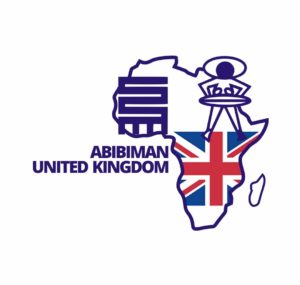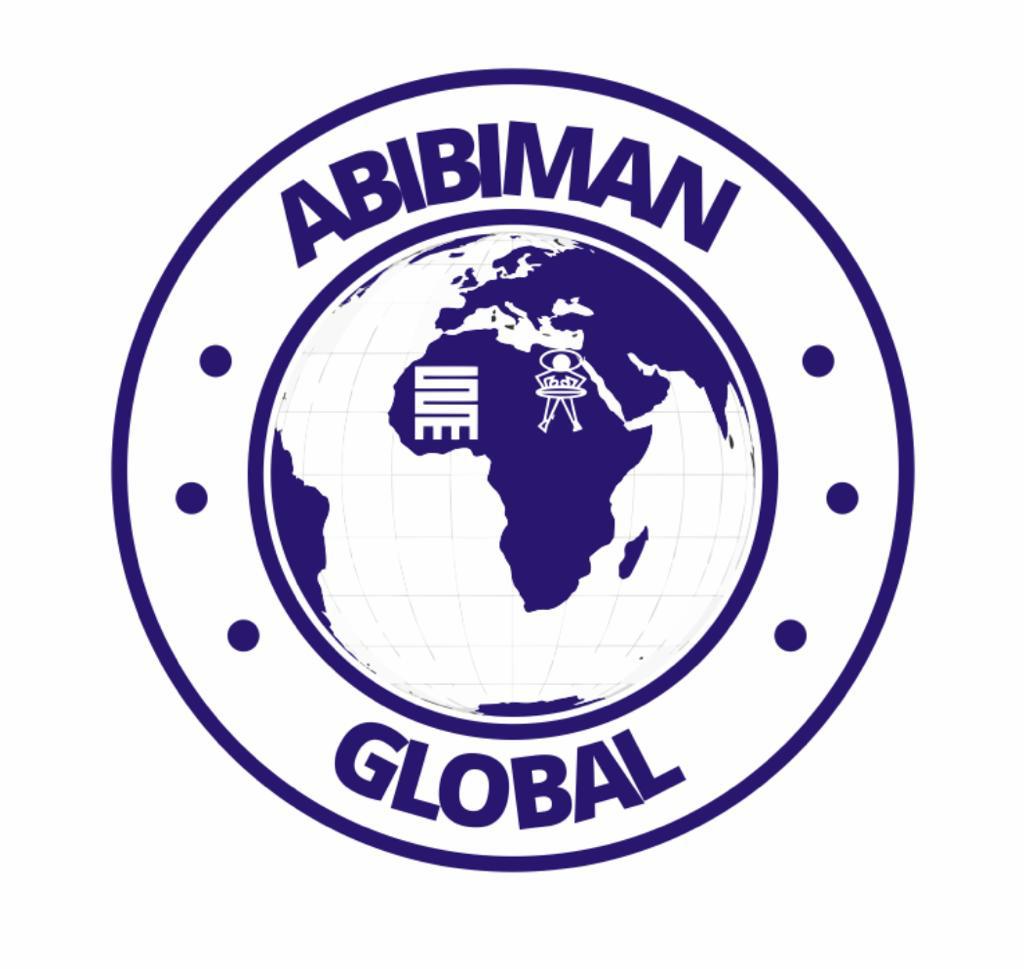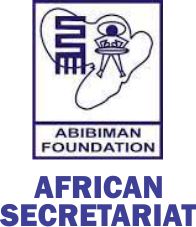What We Do
THE PROGRAMMES AND PROJECTS - CYCLES I & II OF PHASE 1 (2019 -2022) AND CYCLE I OF PHASE 2 (2021 & 2022)
The programmes and projects of the Cycles I & II of Phase 1 (2019 -2022) and Cycle I of Phase 2 (2021 & 2022) are implemented under each of the SDGs or a combination of SDGs which are focused on each or group around these specific ‘Programme Theme’
| SDG | Goal | Goal Focus | Programme Theme |
|---|---|---|---|
| 1 | No poverty | Economic growth must be inclusive to provide sustainable jobs and promote equality. | International trading regime and their implications on sustainable development |
| 2 | Zero Hunger | The food and agriculture sector offer key solutions for development and it is central for hunger and poverty eradication. | Effective agro-industrial value chain; key in promotion of sustainable livelihoods and food security |
| 3 | Good health and well being | Ensuring healthy lives and promoting the well-being for all at all ages is essential to sustainable development. | DescriptionMental health challenges and impact on productivity, sustainable livelihoods, poverty reduction and sustainable development. |
| 4 | Quality education | Obtaining a quality education is the foundation to improving people’s lives and sustainable development. | Promoting quality of higher education and youth engagement as effective tools in crime prevention: knife crime, drug abuse, sex and gender-based abuses |
| 5 | Gender equality | Gender equality is not only a fundamental human right, but a necessary foundation for a peaceful, prosperous and sustainable world. | Domestic and workplace environments, childcare and family-life – impacts on women’s economic empowerment and advancement |
| 6 | Clean water and sanitation | Ensure access to water and sanitation for all | Sustainable water resources management and implications on national security and development |
| 7 | Affordable and clean energy | Ensure access to affordable, reliable, sustainable and modern energy. | Solar electricity promotion within the energy transition and sustainable energy management |
| 8 | Decent work and economic growth | Promote inclusive and sustainable economic growth, employment and decent work for all | Investments in the improvements in human resources development and the recruitment processes of personnel into governmental and non -governmental agencies, including the private sector in African countries |
| 9 | Industries, Innovation and infrastructure | Build resilient infrastructure, promote sustainable industrialization and foster innovation | Efficient railway transportation systems and infrastructure and impact on sustainable development |
| 10 | Reduced inequalities | Reduce inequality within and among countries. | Gender, ethnic and race discrimination at workplace and mental health implications |
| 11 | Sustainable cities and communities | Make cities inclusive, safe, resilient and sustainable | Promoting and enhancing the impacts of sustainable cities and communities on human resources and national and continental development |
| 12 | Responsible consumption and production | Ensure sustainable consumption and production patterns | Changing consumption and production patterns through efficient and sustainable extraction and industrial practices |
| 13 | Climate action | Take urgent action to combat climate change and its impacts | Climate resilient and low emission pathways in the promotion of sustainable livelihoods, socio-economic development |
| 14 | Life below water | Conserve and sustainably use the oceans, seas and marine resources | Plastic usage and recycling practices and their effects on plastic pollution and aquatic life and diversity. |
| 15 | Life on land | Sustainably manage forests, combat desertification, halt and reverse land degradation, halt biodiversity loss | The growing global population, increasing human interactions with land, high demands on forest resources and their implications on long-term productivity and the health of our ecosystem. |
| 16 | Peace, justice and strong institutions | Promote just, peaceful and inclusive societies | The timing, sequencing and implications of the decisions of the arms of government in relation to the constitutional building and transition processes, and the roles of statutory institutions in the development of democratic-civil culture within the domestic and international political context |
| 17 | Partnerships for the goals | Revitalize the global partnership for sustainable development | Bilateral cooperation and partnership for sustainable development in Africa |
METHODOLOGY
The methodologies used in the design and implementation of the programmes and projects will be based on the ‘combined-approach matrix’ concept which places much emphasis on the linkages between these three (3) inter-related major programmes of ‘The SDGs Agenda - 2030’ within the structure below;
‘Nkabom’
Peace and Development Webinar Series -
(Registration page)
Nkabom’ Peace and Development Webinar
Series are virtual conferences on peace and development that engage highly
resourced panels with the participation of eminent personalities, youth, women
and community groups from across Ghana and other African countries. It seeks to
foster cooperation, collaboration and partnership by bringing the relevant
stakeholders (community youth groups, religious organisations, traditional
councils, the private sector, and governmental and non-governmental agencies)
together to promote peaceful Elections 2020 as a platform for the promotions of
sustainable development. The
presentations highlight the linkages between historical antecedents of
inter-tribal conflicts and wars and the implications of the levels of
corruption, mistrust, conflicts, and irregular migration on current state of
governance.
Previous Webinars:
Webinar #1 on the theme: “Citizen Engagement to Build Sustainable Peace
Before, During and After Election 2020 in Ghana”
Date: Saturday 11 July 2020
Host: Ady Namaran, Abibiman Foundation
Panellists - Ewald Quaye GARR, Research Fellow, Institute for Democratic Governance
(IDEG)
- Ms. Rita Opare Siba, Country Head of UN Youth Ghana
- Jacqui Oyimer, West African Young Women Leaders
- David Kwaku Sakyi, Morning show co-host, Citi TV
Webinar #2 on the theme: “The impact of free, fair and credible
elections on national development”
Date: Saturday, July 25, 2020
Host: Grace Asare
Panellists - Emmanuel Ametepey, Executive
Director, Youth Advocates Ghana (YAG) - Ohenewaa Constance Ankoma,
Founder, Erudite Women’s Empowerment Foundation - John Kwabena Yorke, Aspiring
Economist
Webinar #3 on the theme: “The role of Africa’s diaspora in the promotion of sustainable peace and
development in Africa, the Ghana case study.
Date: Saturday, 8 August 2020
Host: Auguster Asantewa Boateng, Communications
Professional
Panellists - Stella Opoku-Owusu - Deputy Director, AFFORD
- Dr Frankie Asare-Donkoh - Award-winning journalist,
Political Scientist and Management and Leadership Expert
- Dr Cyril D. Boateng - Research Geophysicist,
Founder of AfroScience Network.
- Dr. Yaw Appiah-Marfo - Conflict Analysis and
Resolution Expert, Lecturer and Author




